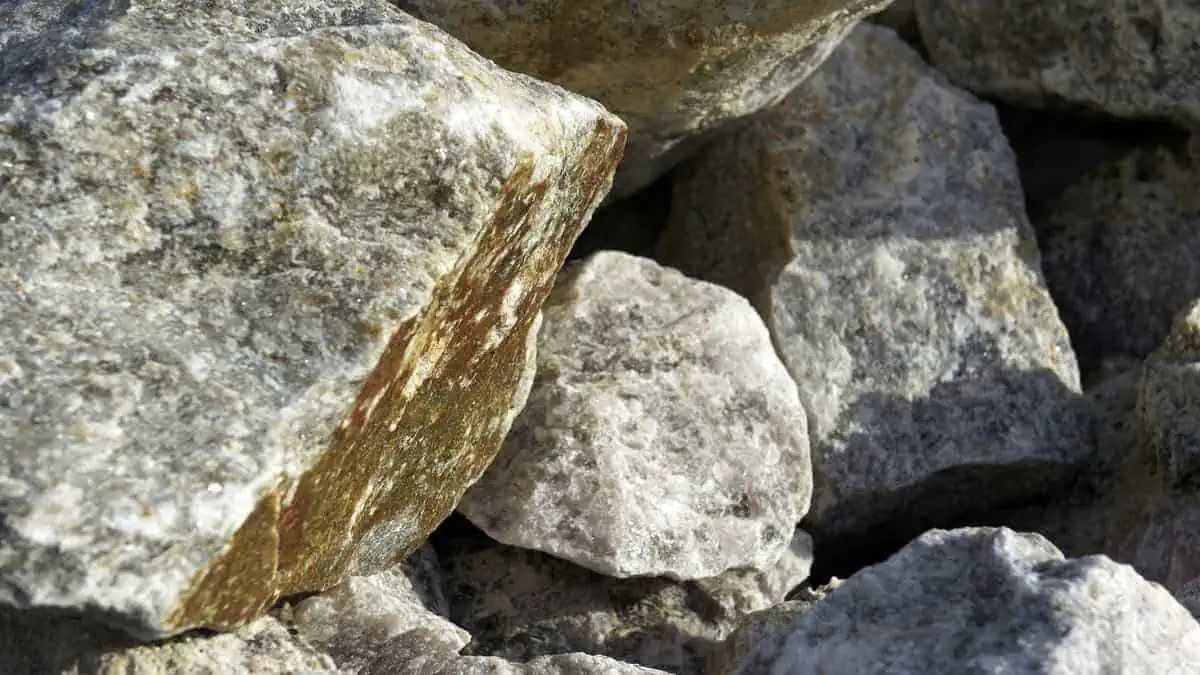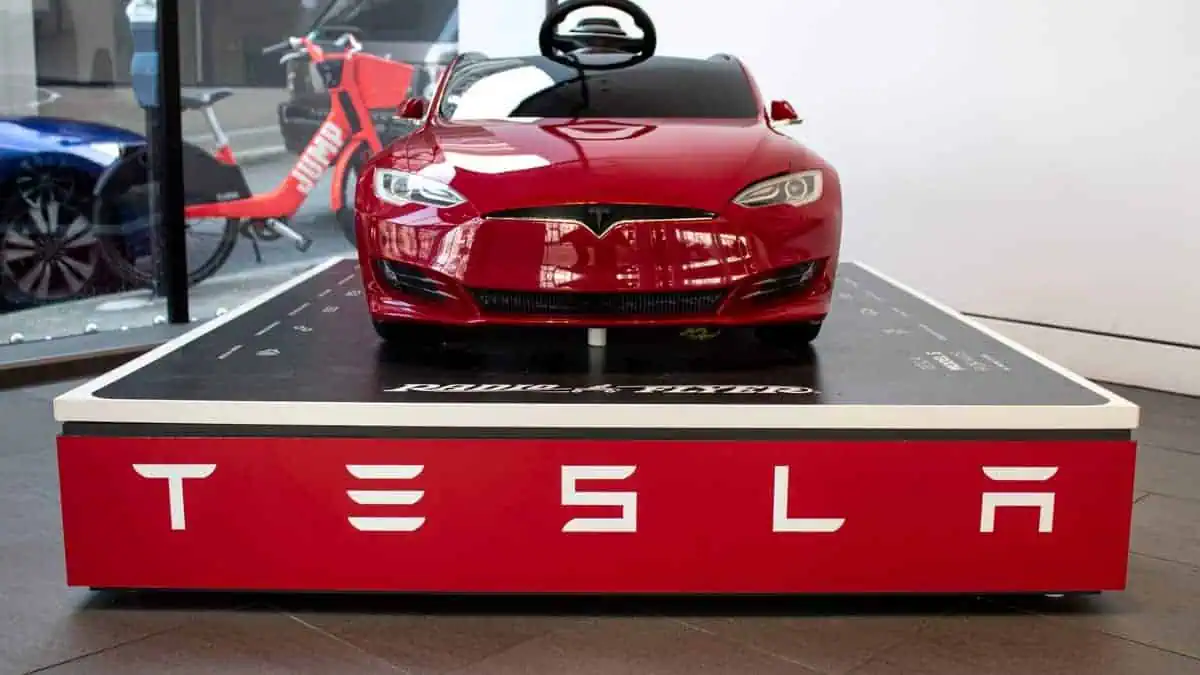American multinational oil and gas giant ExxonMobil announced Monday that it will produce lithium for electric vehicle battery production by 2027. According to the press release, the company has started the development for Phase I of its lithium production in the southwest Arkansas area in North America under the “Mobil Lithium” brand.
“Lithium is essential to the energy transition, and ExxonMobil has a leading role to play in paving the way for electrification. This landmark project applies decades of ExxonMobil expertise to unlock vast supplies of North American lithium with far fewer environmental impacts than traditional mining operations.”
Dan Ammann, ExxonMobil Low Carbon Solutions President
Plan details
ExxonMobil aims to become “a leading producer of lithium” without disclosing sales guidance for the new business unit. It secured the rights to 120,000 gross acres in the Arkansas area in early 2023, which is among the richest in lithium resources in the region.
“South Arkansas is our state’s all-around energy capital, producing oil, natural gas, and now thanks to investments like ExxonMobil’s and their combination of skills and scale, lithium. My administration supports an all-of-the-above energy strategy that guarantees good, high-paying jobs for Arkansans – and we’ll continue to cut taxes and slash red tape to make that happen.”
Arkansas Governor Sarah Huckabee Sanders
The company plans to officially launch its first lithium production in North America as early as 2027.
It further set a target of reaching large-scale production to sufficiently supply more than a million electric vehicle units annually by the end of the decade.
As of now, ExxonMobil is actively negotiating with prospective customers from the EV and battery space.
Promising business
MarketWatch reported TD Cowen analyst Jason Gabelman’s remarks that ExxonMobil’s production target equates to about $2 billion capital investment and approximately $800 million in EBITDA (earnings before interest, taxes, depreciation, and amortization).
According to ExxonMobil, lithium production seems a promising business that would appear in its corporate plan update on December 6. Chief Woods stated in the recent Q3 2023 analyst call that lithium would have a stake in its future portfolio.
“It comes back to this fundamental capability of managing and transforming hydrogen and carbon molecules to products that the world needs and leveraging our capabilities. And lithium fits into that along with our other businesses in biofuels, hydrogen, carbon capture and storage.”
ExxonMobil Chief Executive Darren Woods
Innovative process
ExxonMobil plans to use direct lithium extraction (DLE) technology to extract lithium from saltwater after drilling into lithium-rich reservoirs approximately 10,000 feet underground.
Then, the company will convert the lithium to meet the standards for electric vehicle batteries. Meanwhile, the excess saltwater will be returned to the underground reservoirs, ensuring lower C02 emissions than the traditional hard rock mining process.
“This project is a win-win-win. It’s a perfect example of how ExxonMobil can enhance North American energy security, expand supplies of a critical industrial material, and enable the continued reduction of emissions associated with transportation, which is essential to meeting society’s net-zero goals.”
Dan Ammann, ExxonMobil Low Carbon Solutions President
Lithium is an extremely critical mineral for li-ion battery production, which is also significant for electric vehicle manufacturing. According to CNBC, lithium battery demand will increase by sixfold by 2030. That said, it is unsurprising that the company has now started to develop a major interest in producing lithium.
“We need to get obviously to a much higher percentage in the long run. It’s going to be very high growth, sustained for a very long time. That may have some ups and downs and some fits and starts as we go, but again, we see very much long-term opportunity for playing the long-term game here.”
Dan Ammann, ExxonMobil Low Carbon Solutions President
Exxon’s project will significantly aid the US’ goals of establishing a local electric vehicle value chain to support the growth of the industry. It will help the country reduce its reliance on Argentina and Chile for its lithium needs and begin developing its own large deposits of critical minerals. According to the US Geological Survey, the country has some of the largest lithium reserves in the world.






